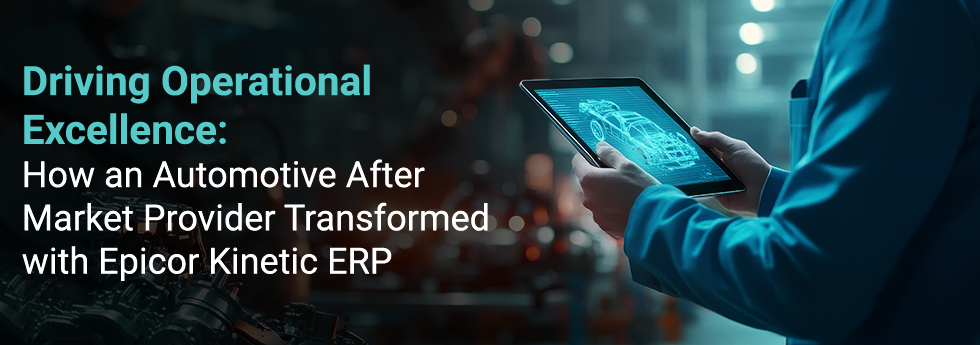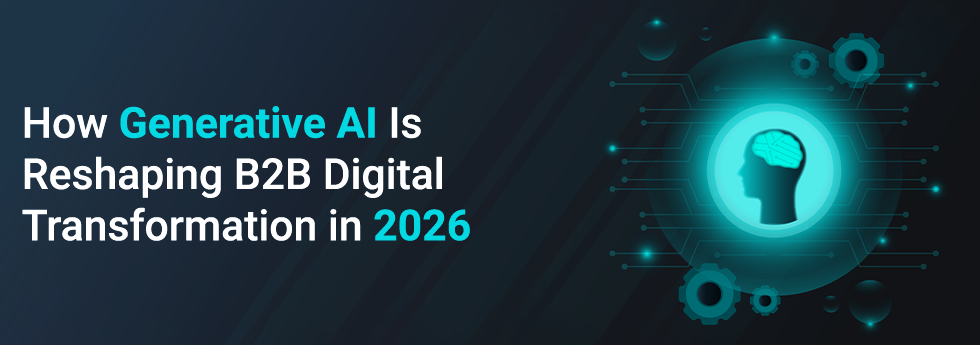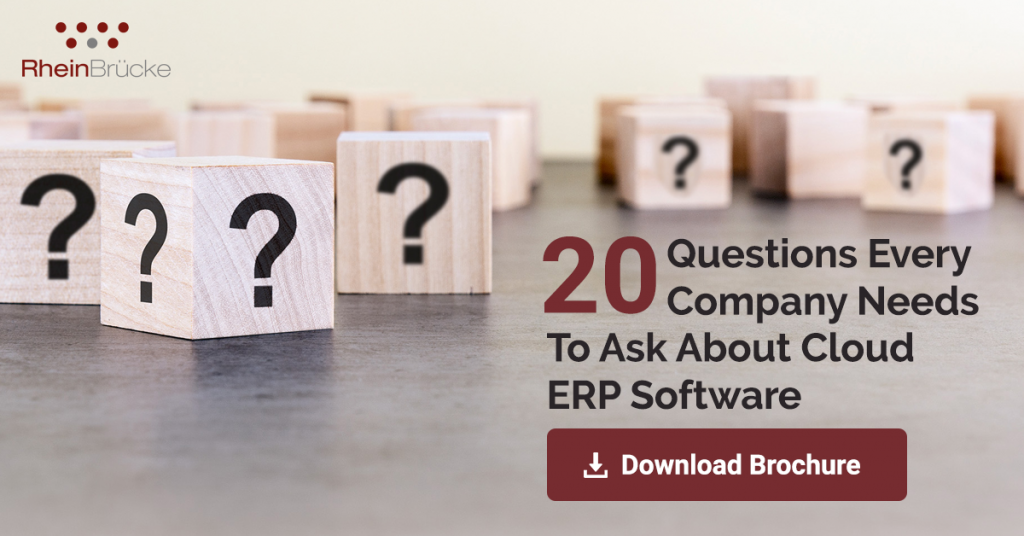There is no doubt about the relevance and importance of ERP in modern business today but the cost of implementing an ERP cannot be ignored. ERP’s can be an expensive affair and you as business owners need to completely understand the return on investment before making that big commitment.
One of the key factors to consider when calculating the return on investment of an ERP is how smoothly the business users can adopt and use the ERP for their transactions. A good maintenance and support plan is key to ensuring that productivity and hence, what the ERP vendors offer should be carefully evaluated. At the end of the day, your maintenance and support plan is going to allow you to reap the benefits of an ERP over a longer term. Maintenance plans allows you access to the latest upgrades, new releases, knowledge and training resources, troubleshooting guides, as well as access to a support centre.
Many organizations lack experience and expertise in managing their ERP maintenance or AMC effectively. The only time a business would look up their AMC is if a problem arises or if the software has slowed down and the realisation sets in that an upgrade is the need of the hour.
The ERP maintenance process should be a rigorous and value-adding one. Nowadays it’s common for vendors to provide buyers with a standard AMC which is insufficient for the business’s ERP maintenance and upgrade process. Vendors are aware that most businesses look at an AMC as a cost that they need to bear and are looking at ways that they can avoid the same. Vendors use this to their advantage by providing maintenance and support plans that are cheap and not valuable in the long run.
This situation is not helped by the inability of the ERP vendor, especially the bigger names, to completely support their customers due to the sheer number of customers and lack of sufficient support personnel. In order to bridge this gap I’m proposing a new way of looking at your AMC. This is especially true in the case of implementations that have seen a lot of company specific enhancements and customizations over a period of time.
Rule #1: Become familiar with your AMC
Think of your AMC as extra warranty. You need to know what is being offered by your ERP vendor so that you can ascertain if the AMC caters to your organisations ERP needs. For example, items such as ERP training and upgrades should be included in the basic cost as these are basic requirements for any ERP implementation.
According to a Gartner report “89% of IT spend is currently dedicated to keeping the lights on”. This suggests that organisations are spending a fair amount of money towards vendor maintenance fees without actually reaping any kind of benefits from it.
Rule #2: Consider a third party service
You might want to consider a third party service for additional ERP maintenance and support over and above your existing AMC to cater to those areas that are not covered by the standard service.
I know what you’re thinking. Why would I pay a third party service additional money to support my ERP requirements that should be covered in my ERP maintenance plan? Well the truth of the matter is that most AMC’s only provide a basic plan. This means that often your AMC will not be able to support more complex functions of your business.
Also, independent support allows businesses to shift to hybrid models if required by helping clients refocus their savings in areas of strategic importance or improve the business, instead of continuing to spend on ongoing operations.
Additionally, most third party maintenance packages support customizations and organization specific implementation features. Unlike your basic AMC which only covers problems with the core product.
Market trends show that IT landscapes are transforming to hybrid landscapes by combining on-premise and cloud application delivery models. Third party maintenance is ideal to support this landscape shift.
Rule#3: Plan your ERP lifecycle
If you want an accurate calculation of ROI on your ERP, you need to have a plan for your ERP. Why do you need an ERP? What do you plan on achieving with an ERP? What is the timeframe by which you need to achieve savings with ERP? Asking yourself these questions will help provide a basic timeline for your ERP. You can weigh-up the short-term and long-term costs of ERP maintenance to decide what kind of maintenance you require.
Following these 3 rules can help you stay within your software budget, and all of the staff will be on the same page with a clear roadmap for managing the businesses’ resources for years to come.
If you’re an Epicor customer, click here to know more about our ERP support services offerings.




